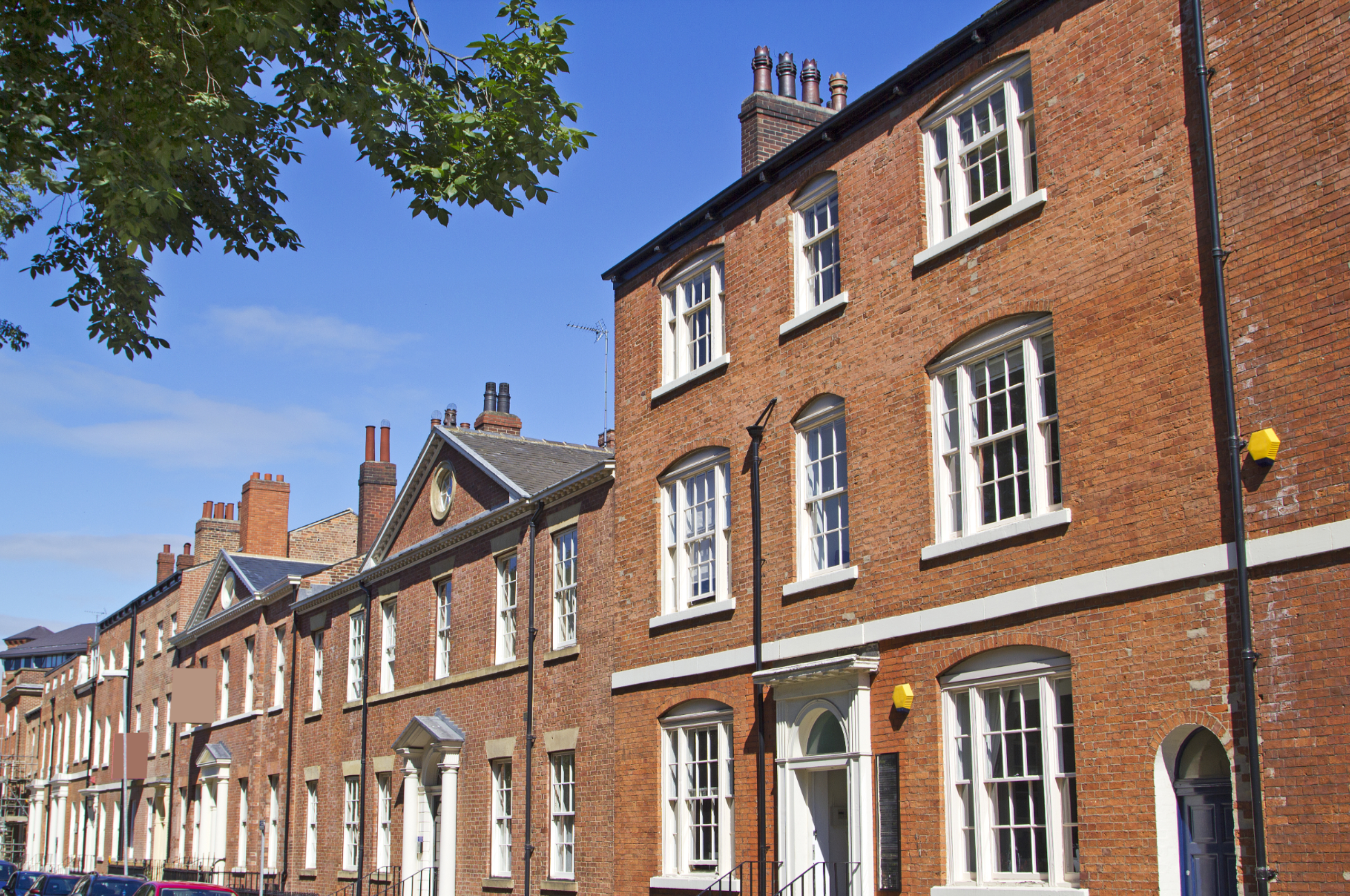If you’re a business owner with a self-invested personal pension (SIPP) or a small self-administered scheme (SSAS), you may be able to help your company by using your pension to buy your business premises.
There are a range of reasons why this can be a sensible decision for business owners.
Gain more control and boost your pension fund with rent payments
If you don’t currently own your business premises, you’re most likely paying rent to a landlord.
For one thing, this means you’re somewhat in the hands of the landlord if they decide to sell the property.
Additionally, the rent money you’re paying is going into someone else’s pocket, when it could be going into yours.
Buying your business premises using your pension gives you greater control and security over your company property, as well as allowing you to pay rent from your company directly into your pension.
As a result, you can gain more control over your business, while simultaneously turning your rent payments into contributions that boost your retirement fund.
Reduce a potential Capital Gains Tax bill
When you sell or dispose of assets such as shares or property, you may have to pay Capital Gains Tax (CGT) on any gains in value after any tax exemptions you have left.
That means if you wanted to buy and hold the property within the business, you may have to pay CGT if you want to sell it at a later date.
Meanwhile, property held within a pension is entirely free from CGT. So, if the value of your business property rises over time, there will be no CGT to pay when you come to sell it.
Remember: you may still pay Stamp Duty Land Tax (SDLT) when you buy the property in your pension.
Mitigate an Inheritance Tax bill
Property that’s held outside of a pension will usually count towards the value of your estate when you die. And, as property is typically expensive, it will most likely exceed your nil-rate band (NRB) for Inheritance Tax (IHT).
As a result, this value could be included in your estate and taxed at the standard IHT rate of 40%.
There is an NRB before IHT is due, which stands at £325,000 in the 2021/22 tax year. On top of this, there’s also an additional residence nil-rate band (RNRB) if you pass your main residence to your children or grandchildren.
So, depending on whether you’re married or not, you’ll be able to pass on between £325,000 and £1 million without having to worry about IHT.
However, any value over this threshold could be charged at the standard rate of 40%.
Meanwhile, pensions typically fall outside the value of your estate on your death. This means that you may be able to pass the pension, including the property, to your nominated beneficiaries without them having to pay IHT on it.
Sharing ownership of the property
You can even share ownership of property with your business partners and other company directors, holding a share of the property across multiple pensions.
For example, if you and your business partner had a property valued at £400,000, you could each purchase £200,000 and hold half the value of the property in your pensions.
You’d then both be entitled to half the rent payments and other profits that come with it.
Various types of property can go in a pension
While certain pension providers and schemes will differ in what you can have, there are many types of property that you can hold in your pension. This could include:
- Offices
- Factories
- Warehouses
- Industrial units
- Shops
- Pubs
- Golf courses
- Campsites
- Football grounds
That means it’s possible for you to buy your business premises, no matter what you do in your company.
Work with us
If you’d like to find out even more, read our guide which includes four more innovative and effective ways that your pension can help your business.
Download your free guide right here.
Alternatively, please email hello@cordinerwealth.co.uk or call 0113 262 1242 for more information.
Please note
Property can be an illiquid investment, meaning it can be more difficult to access the value than with other types of investment. Additionally, you may incur costs when selling a property, whereas encashing other investments may not give rise to a charge. The value of property can also fluctuate, meaning that you may get back less then you paid.
Buy-to-let (pure) and commercial mortgages are not regulated by the FCA.
A pension is a long-term investment. The fund value may fluctuate and can go down, which would have an impact on the level of pension benefits available. Your pension income could also be affected by the interest rates at the time you take your benefits. The tax implications of pension withdrawals will be based on your individual circumstances, tax legislation and regulation, which are subject to change in the future.







